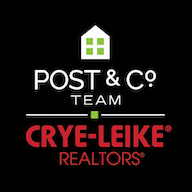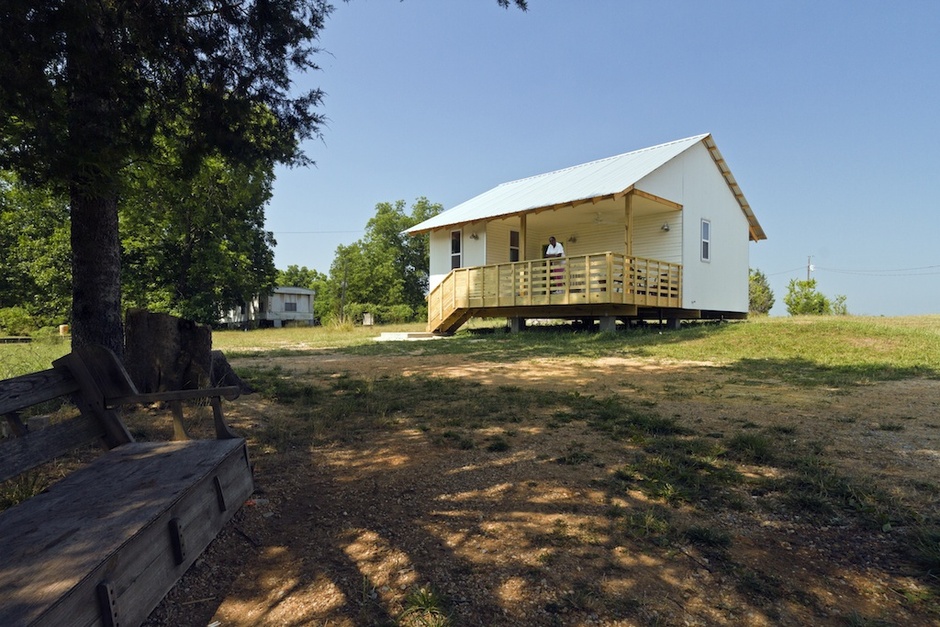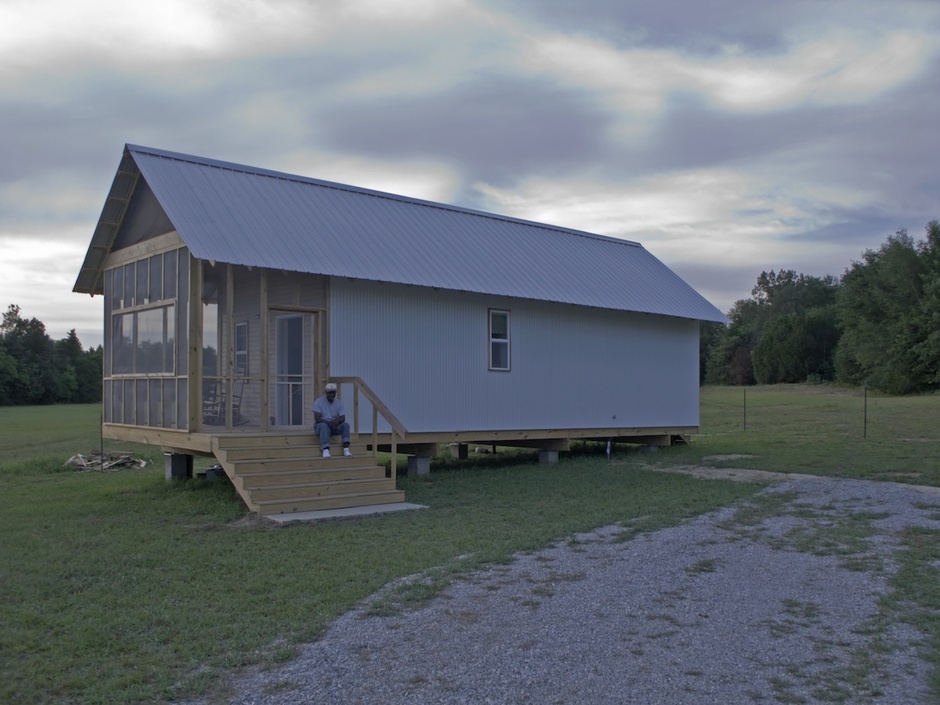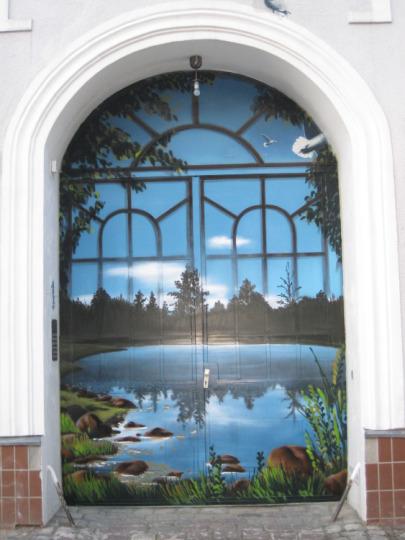Ready to spend: With recession over, Middle Tennessee consumers are opening their wallets
By Hollie Deese
Elizabeth Moss is in the middle of a total kitchen renovation at the Hendersonville home she bought on August 4, 2013.
It's been a long time coming, and has included some anxious moments and worrisome decisions.
And, as with all big ticket purchases car, boat, RV, vacation, remodeling or even a washer and dryer, depending on your budget for most of us, it takes financial planning, saving, comparison shopping and finally the nerve to take the plunge.
Moss's story of big-ticket expenditure began in 2013, a few days after she moved into her new house. She woke up to standing water after a heavy rainfall and soon discovered the home had severe structural damage.
Now, in 2015, she's going full speed ahead with the renovations.
"We are back to all fixed, and I got some money back on my income taxes," she says. "I decided since that was a $75,000 loss to repair all of the downstairs, I wanted to put all the money I got back from the IRS back into the house to at least try to recoup some of that loss."
As president and founder of Whole Care Connection, an in-home and senior care business, Moss's company actually grew during the recession, fueled by necessity as seniors were unable to sell their homes. Instead of being able to go to a continuous-care community, they looked to bring help in.
"In 2010 we grew 48 percent, and in 2011 we grew 36-38 percent," Moss says.
So while other people were cutting their spending and tightening their budgets, Moss kept spending.
"I made a conscious decision I wasn't going to participate in all of the negative [reports] about the economy, so I started getting pedicures and doing things I had never done so I could help support the economy," she says. "I decided I wasn't going to pull back."
And while Moss might be a bit nervous about spending so much money all at once, it is certainly not enough to keep her from moving forward.
"With the renovation, I am confident," she says. "I have the income, just not the cash saved up. I feel like I am going to buckle down and get it paid off, and still have a savings."
More, not reckless spending
Moss is not the only one who's OK with spending money on big-ticket purchases these days.
Gallup's U.S. Economic Confidence Index last month was positive for first time since before the Great Recession began in December 2007. And while spending typically drops significantly after the holidays, consumer confidence seems to be persisting, thanks in part to lower gas prices.
Lisa Ford with Style Exchange has been designing homes in the area for the past decade. She says she never went through a slow time, but can now see an uptick in spending.
People are going for big-ticket splurges, she says, but thinking much more carefully about it first.

Elizabeth Moss of Hendersonville is in the process of having her kitchen renovated. Many Middle Tennessee homeowners have moved past "needs" to "wants" in their remodeling projects.
-- Michelle Morrow | The Ledger
"There are still jobs, and there are new jobs, but they have changed dramatically," she says.
Ford says for a long time the price of particular items seemed to be no object, as long as it was exactly what the homeowner wanted.
"It was nothing for people to spend $100,000 in a kitchen, and for a lot of the new communities that is still nothing," Ford explains. "But for the vast majority, and especially for the people who can actually afford it, they have changed.
"Instead of spending $100,000 dollars, they want to spend $40,000-$50,000, which is still a significant amount of money."
"But by the time you look at things like appliances, materials, new flooring, countertops, plumbing fixtures, all of those things add up really quickly," she continues.
"The change is that more people want to get value. And even if they spend more than they had anticipated, they want to at least feel like they haven't overspent, and that is a big change. For a while it was like people didn't care."
Ford says her client base has changed, too. They have more varied wants and budgets, and they look at home renovations now as a necessity, not as a luxury, like it was when she was growing up.
"It is not a necessity, but from their perspective it is," Ford says of renovations. "I have heard people say they can't live without this or that. And in a part of their mind, they really can't.
"I am always so happy that people are driven and feel that way about it, but on the same token, I am used to what I grew up with and what I do for myself."
Ford lives in a 1920s-era home and takes on projects when she can afford them.
Status symbol splurges
When it comes to spending big bucks, there's more to life than a new home or SUVs. There's also status and entertainment.
GeorgeAnn Dingus, the sponsorship and business development director of the Iroquois Steeplechase, which runs its 74th race in May, came on board with the popular horseracing event five years ago.
She immediately began to look at opportunities to supplement seating to the exclusive box seats, for which there is a 10-year wait list with nearly 500 fans longing for the chance to enjoy the race in style.
"The tradition and history of Steeplechase has always been a popular event here, but when I came in, I realized there were certain areas that could definitely have some growth opportunities the way that Nashville is growing," Dingus says.

The Iroquois Steeplechase is one of many area charity events benefitting from the economic upturn. The newly added Skybox Suites go for $25,000 and can accommodate 50.
-- Submitted
"The 20 to 40 age group for instance, a lot of them had aged out of the tailgating but were not quite ready for the box seats, and there weren't a lot of choices in between."
The Steeplechase added private spaces with Tents in the Turn, an exclusive area located rail-side in the infield portion of the Meadows. New last year, each tent includes an extended patio area, white picket fence, tables, linens and chairs and access to separate bathroom facilities.
Guests can choose to have their party catered or bring a picnic of their own. Each space accommodates 30 to 140 guests, ranging in price from $4,000 to $12,000.
Also new last year were the Skybox Suites, which offer a panoramic view of the track from a private, elevated luxury suite and covered deck. Each suite has air conditioning, hardwood floors, granite counter tops, wet bars, a private bathroom, TVs and an incredible view. Starting at $25,000, they can each accommodate up to 50 people.
"It is very comparable to Millionaire's Row up at the Kentucky Derby," Dingus says. "The event has grown. I don't think we could have done it four years ago.
"Nashville itself is phenomenal in that we have continued to thrive. We have added the Iroquois shops with high-end retailers. Our goal is to make the race day experience better each year. We are a one of a kind event in this area and it still benefits the children's hospital."
Since being designated in 1981 as the official charity of the Iroquois Steeplechase, the Monroe Carrell Jr. Children's Hospital at Vanderbilt has received nearly $10 million from the event proceeds.
Giving back, giving more
Middle Tennesseans aren't just contributing to charities by going to amazing events. According to a recent survey by Lifeway, 74 percent of Protestant churches reported offerings are at or above 2013's totals.
"That is a new dynamic because people tend to cut across the board when times are tough," says Dana Moore, a principal with HMS Investments in Nashville. "The churches and charities in particular have really struggled coming out of the recession with donor fatigue, trying to get people to come back and donate. This is a good sign people are doing well."
Moore also counts cranes as a measure of how well we are doing right now they are almost too many to keep straight and notes many of her business-owning clients are reporting employee 401K contributions are up.
"I have even seen smaller companies who may have matched [funds] in the past that stopped their matching [now] have started to resume their matching," she says.
"A company will cut its employee match before it will cut an employee. So that is an easy cost savings and a healthy sign that the economy is improving. Companies are making enough now that they feel they can make that contribution."
Inventory low in hot market
Mike Post has been selling real estate in Nashville for nine years, starting his own firm, Post & Co., about a year and a-half ago. To say it has been a tumultuous time is a bit of an understatement.
"It has been a strange nine years in a good way," Post says. "When I got into this business, for the first year it was gangbusters, and everything was flying off the market, with multiple offers.
"And then, of course, the Great Recession,'' he notes. "Things slowed down, and it took forever for things to sell after price reductions and foreclosures. And then, very cautiously, the market took a while to take back off, but it is like everyone realized it all at once.
"I think if you talk to most real estate brokers, it is great to be busy, but it is crazy."
Post says in the hot, pre-recession market there were still only a few sought-after areas to buy, but that has all changed too.
"Right now, we have in so many different little pockets of Nashville, inventory shortages where you have far more buyers than sellers," Post says. "We are back to multiple offers, and things selling over list price. It can be disheartening for buyers who just want to buy a house, but have to make offers on five different things before something sticks. That's a hard process."
Post says 2013 was the year people really breathed deeply about the local market. Business was good and people were building again.
"Last year it doubled from that," he adds. "And it is not reckless spending. In 2006 you could go in and get what we call a liar's loan with a social security number and basic verification of stuff. Now people are spending again, buying big beautiful things, but it is not quite as reckless."
Confidence in spending is what Post attributes to a big part of the uptick, but there is more to it than that.
"It is not just low interest rates, it is not just that the New York Times likes to write about us, it is all of this stuff at once," Post says. "And it is a good problem to have. A lot of other places wish they had it."
Of course, people who were burned in the not-so-distant-past housing crash are still a little hesitant to buy.
"People are really antsy to start spending, but I still think there is a little bit of hesitation," says CPA Jennifer Lineberger.
"I think people who got caught in this economic downturn are a little gun shy. At a certain income level you are kind of recession proof, but that doesn't apply to the vast majority people. But it does to some, and a sizable group of people in Nashville. And then there are some people who are going to spend whether they have it or don't have it."
Rates low, easier to get
Loans are easier to come by, which might account for some of the increased home sales activity.
"We are seeing a loosening of credit guidelines," says Tim Davis, a mortgage lender who spent recent years consulting others on how to change their approach after the crash.
"Guidelines got really, really tight right after the crisis because the financial markets were a complete wreck. Today, you see it is much easier to get a mortgage in terms of credit standards."
And, it is much easier for Middle Tennessee's many artists and entrepreneurs to secure lending these days as well, something Davis says is very much needed here.
"At one point, there were just a handful of people to choose from and that blocked a lot of people out of the market, but we have seen a resurgence of creative and additional lending products which has been nice to see," he says.
"Confidence is coming back for sure, and if people are more confident, they will take some more risks, and I see that as a huge opportunity," Davis adds.
The other reason sales are so brisk is that current rates are in the three percent range, and people are nervous they are going to miss their chance to buy before they increase.
"If interest rates go up, which a lot of people expect some time later this year, then what you will see are people being able to afford a less-expensive house," Post says.



















